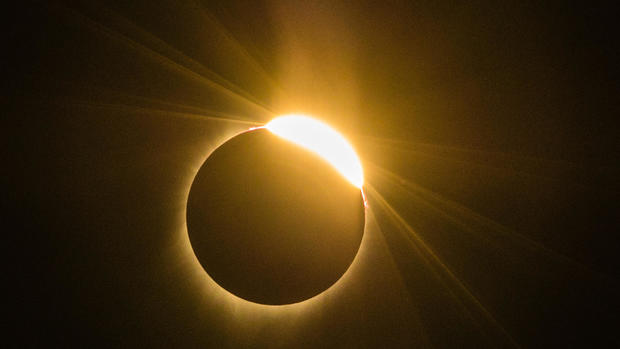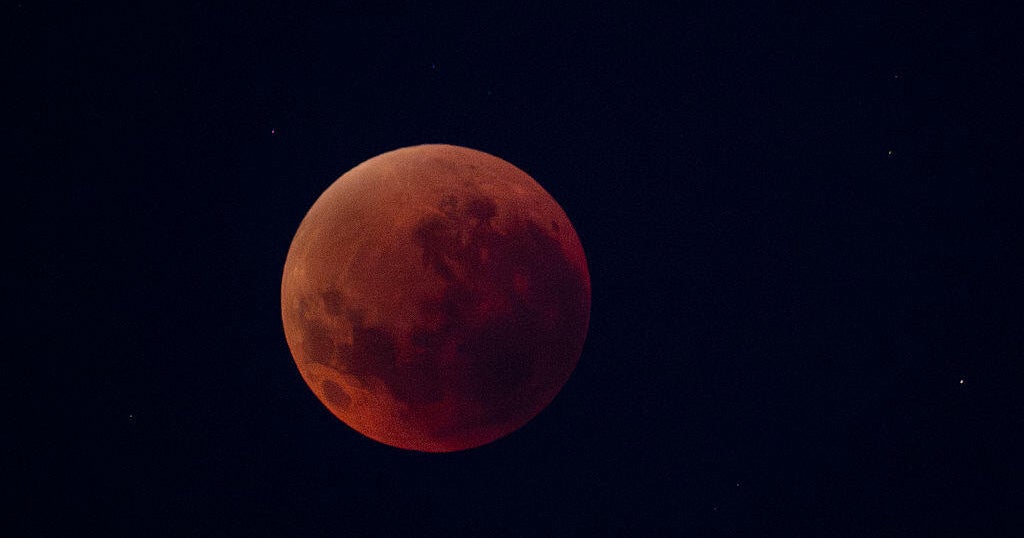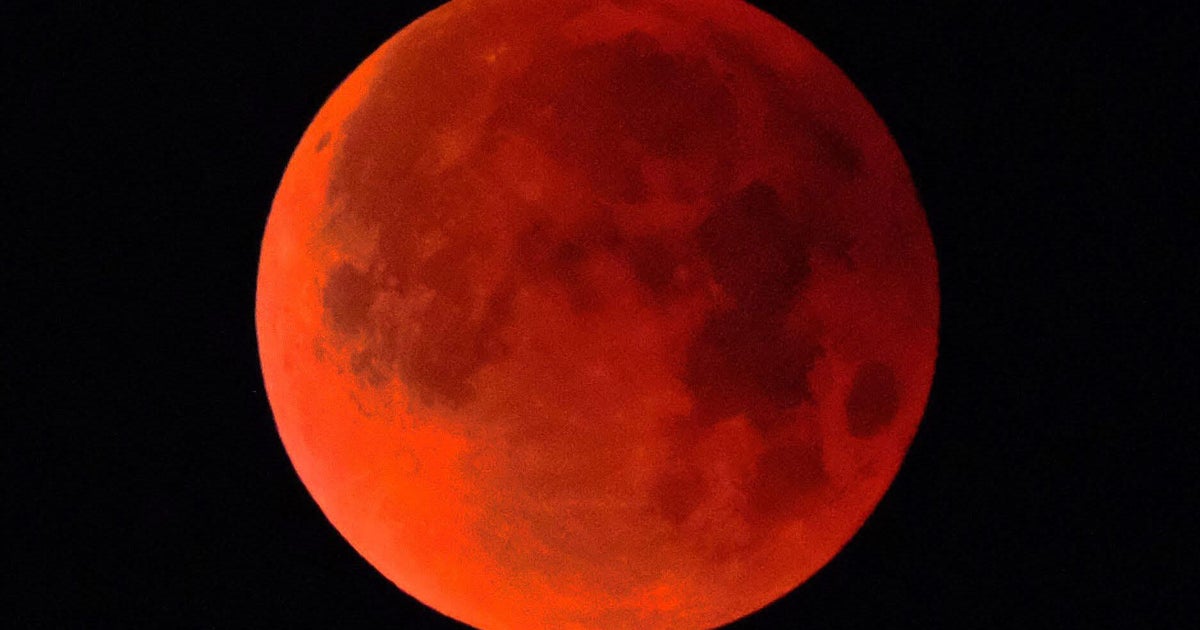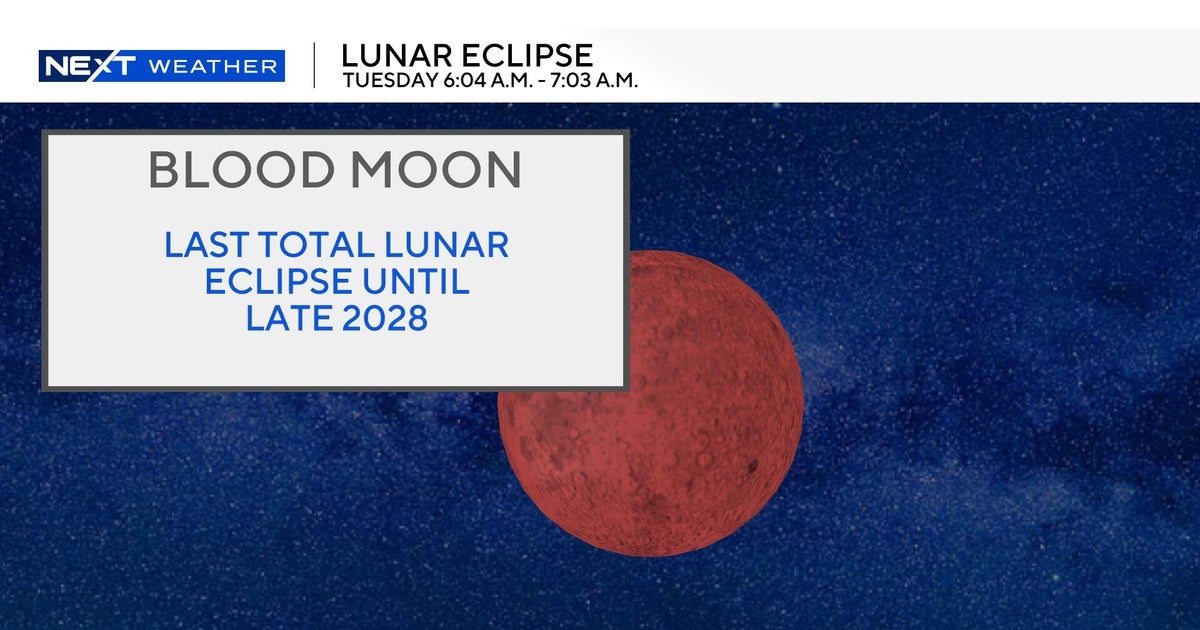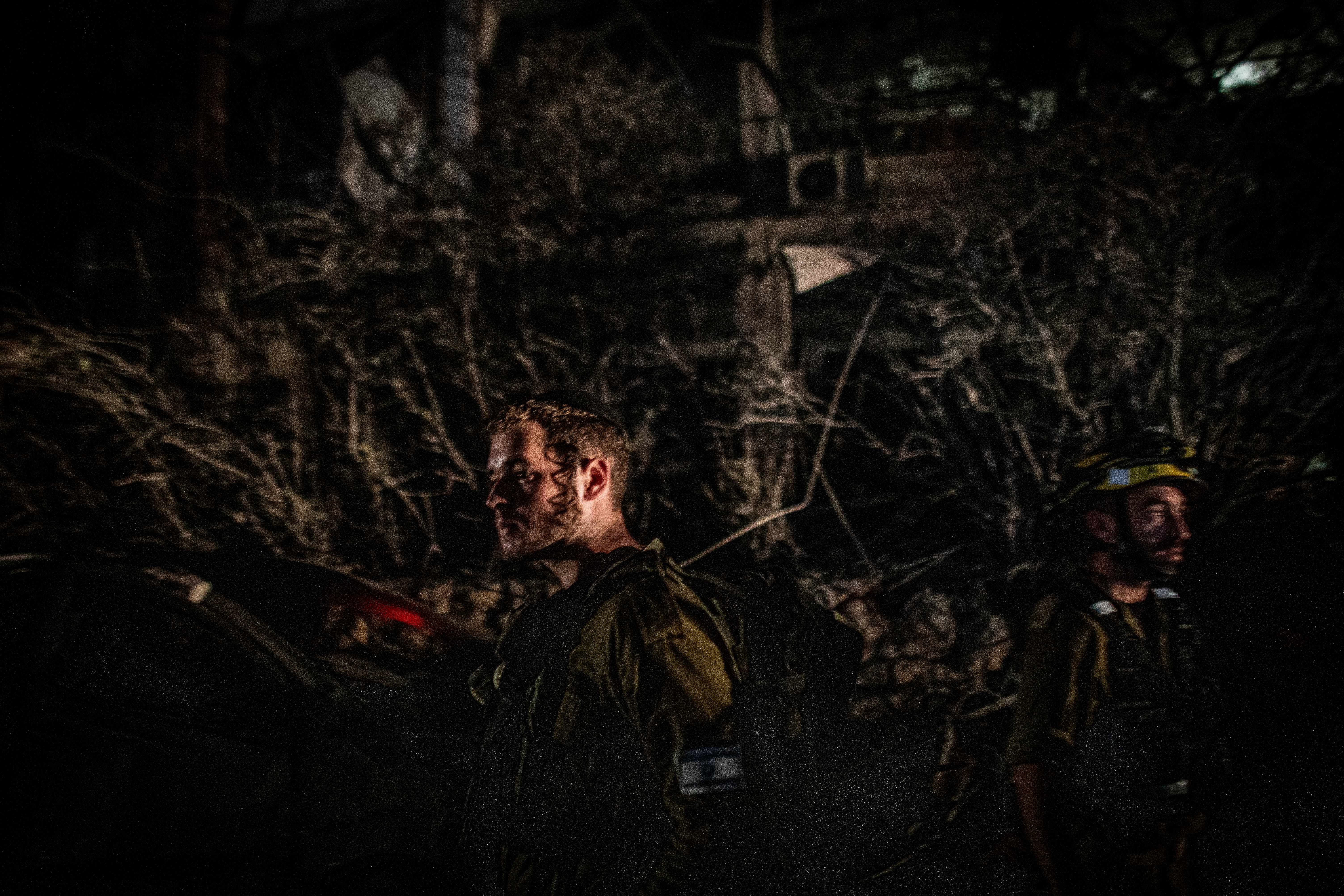You can watch the total solar eclipse underwater at this scuba center
Most sky-gazers will watch the August 21 solar eclipse from their backyards, rooftops, or perhaps a science museum or local viewing event. But a small scuba diving center in Hopkinsville, Kentucky has another idea in mind: watching the moon pass in front of the sun from underwater, CBS affiliate WTVF reports.
The PennyRoyal Scuba Center has been making plans for the total solar eclipse for about four years, co-owner Kris Tapp told the station.
"So for us here, we decided we were going to do something special, something that no one has ever heard of before," he said.
Hopkinsville, a small city about 75 miles northwest of Nashville, is right in the path of totality — the 70-mile-wide swath of the country stretching from Oregon to South Carolina where the total eclipse will be visible.
The eclipse will turn the quarry's blue waters black for nearly three minutes as the moon blots out the sun in midday. The scuba center will have special face mask filters on hand to make the viewing safe, since looking at an eclipse without special eye protection can cause blindness. They are also offering a solar eclipse diving certification course that they've designed themselves.
Tapp said he's unsure exactly what the eclipse will look like underwater, but he plans to capture the moment with video cameras and still photographs taken from beneath the surface.
For those viewing elsewhere, NASA recommends using one of these eclipse glasses or solar viewers certified to meet international safety standards:
This summer's eclipse will be the first total solar eclipse to cross the continental United States from coast to coast since 1918. Those lucky enough to be in the eclipse's direct diagonal path will see the moon fully obscure the sun. Other areas of the U.S. will see a partial eclipse.
